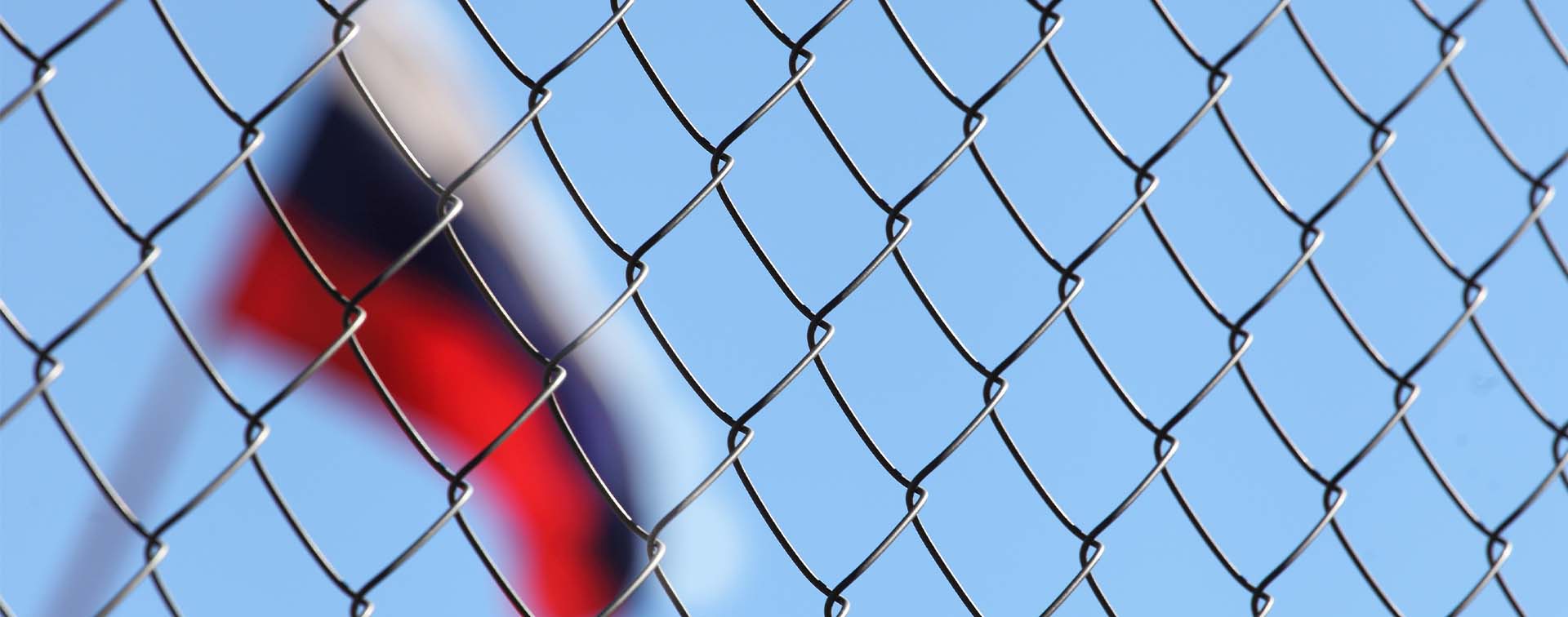
Ryhor Nizhnikau is a Senior Research Fellow at the EU’s Eastern Neighbourhood and Russia program at the Finnish Institute of International Affairs.
The Russian invasion of Ukraine is a major blow to the global security order. And the end is not in sight. While Russia’s human and physical destruction in Ukraine comes at a dire cost, the fate of Ukraine will ultimately be decided by Ukrainians. The West should do more to empower them so that they are better able to defend and eventually re-build their country.
The Russian invasion of Ukraine and its direct targeting of the civilian population has already inflicted colossal damages to Ukraine. Many innocent lives have been either lost or critically affected. Over four million people have already fled to neighboring countries and millions more have abandoned their homes and re-settled in other parts of Ukraine. In addition to the human toll, the socioeconomic costs are rising exponentially. Major cities in the southeast of the country are severely damaged or virtually destroyed.

Ukraine’s heroic resistance calls for an increase in Western political, economic, and military assistance. So far, the West has offered crucial yet insufficient support to Ukraine. There are several necessary steps to be taken. First, the economic pressure on Russia should increase. Although unprecedented sanctions have been imposed on Russia, its major revenue flows from energy exports continue. Second, the West should step up its military assistance. It has been providing critical arms supplies, but Ukraine’s immediate needs are larger. NATO cannot and will not impose a non-fly zone in Ukraine, yet it can supply the necessary weaponry to boost Ukraine’s air defense and exploit Russia’s vulnerabilities. Finally, the West needs to speak with one voice and offer Ukrainians clearer European prospects. The EU and NATO memberships are off the table. However, the EU can give Ukraine the EU candidate status. Such a step does not guarantee EU membership, but it can boost the morale and send the right political signal.
The war is quickly eliminating the progress achieved since the collapse of the Soviet Union, especially in connecting and integrating Russia’s economy and people with the world. As Russia was warned by US President Joe Biden before the invasion of Ukraine, the country’s President Vladimir Putin would face consequences “like none he’s ever seen”. The threatened economic sanctions were swiftly imposed and to devastating effect. Russia has been disconnected from various international financial services and instruments. Half of Russia’s 640 billion foreign reserves have been frozen. A number of banks have been cut off from the SWIFT payment system. Russia has essentially lost its ability to engage in cross-border transactions, and its currency has been sharply devalued. Assets of the state and state-affiliated individuals have been frozen. The Russian stock market has de facto suspended its work and the country is expected to default on its debt in the near future.
Russian citizens are bearing significant costs. They already face trade and payment disruptions, rises in food and other commodity prices, and a sharp deterioration in living standards. Shortages of medicine, goods, and foreign currencies for even a limited exchange have been reported. And the worst is yet ahead. As the war persists and new sanctions are introduced, the future of the country, which is rapidly losing access to technology, foreign investment, and knowledge, has been cast into doubt. The effects of the Russian economic troubles will also spill over into the region. They are primarily being felt in Central Asia, where the economies depend on remittances from Russia-based migrant laborers, and Belarus, which is structurally dependent on Russian economic support and access to its market.
The war puts regional mobility in flux. On one hand, Ukrainians who have seen a steep rise in the value of their passport over the past ten years now enjoy a special status in the EU. Since March, the European Commission has granted people fleeing the war in Ukraine temporary protection status in the EU, which offers a residence permit and access to the labor market.
In a meantime, the Russian passport is fast losing power and will be one of the biggest fallers in terms of visa-free access over the next few years. The travel freedom of Russian citizens is being severely curtailed. There is no direct air connection between Russia and the West any longer and the last remaining links, such as the Helsinki–Saint Petersburg train, are gradually being removed. More importantly, a number of countries have announced their suspension of visas for Russian nationals. For instance, Czech Republic no longer accepts any visa applications from Russian passport holders, while Greece suspended its golden visa program for Russians. The informal bans such as embargoes on admitting new Russian students, which come from public and private institutions, may be even more painful. The brain drain is likely to continue at a high speed.
There is currently no end in sight for this war. The Russian government looks set to continue its destructive campaign until its goals are realized. Ukrainian authorities and the people themselves cannot afford to make any concessions that will jeopardize the future of their country. Hence, the West should prepare for a long battle. Furthermore, there is also a threat of further escalation beyond Ukrainian borders. Russia has already shown its readiness to raise the stakes dramatically and may also choose to resort to ‘escalate to de-escalate’ tactics that directly target its European neighbors. Moscow’s actions may include a set of military–political instruments such as cyber-attacks and energy and nuclear blackmail. Russia’s active use of military threats for political ends is becoming a new norm that will no doubt remain for the foreseeable future.
Henley & Partners assists international clients in obtaining residence and citizenship under the respective programs. Contact us to arrange an initial private consultation.

Have one of our qualified advisors contact you today.
We use cookies to give you the best possible experience. Click 'Accept all' to proceed as specified, or click 'Allow selection' to choose the types of cookies you will accept. For more information, please visit our Cookie Policy.